Problem Solving and Decision Making
In today’s ultra-competitive work atmosphere, professionals must have great decision making skills. Coupled with this, the ability to solve complex problems, extract solutions and simplify them is key in the modern business climate. Because these are continuously evolving skill-sets, various tools and resources are available to sharpen problem solving skills. Another key aspect is how you think and reason. For this, critical thinking and reasoning is an area where employees need to have adequate exposure.
Our resources explore all angles of problem solving and decision making through a variety of assessments, activities, and games.
Decide X Strategic Decision-Making Instrument (Assessment) **NEW**
The instrument is a straightforward and easy-to-administer 24-item assessment that examines how an individual or team member inputs, processes, and acts on information in the work setting. The result is a remarkably accurate prediction of how information is organized, decisions are made, and actions are taken.
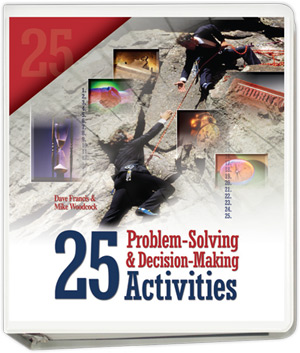 25 Problem Solving and Decision Making Activities (Reproducible Training Activity Collection)
25 Problem Solving and Decision Making Activities (Reproducible Training Activity Collection)
25 Problem-Solving & Decision-Making Activities provides the tools to enhance these skills, using a variety of self-analysis assessments, survey instruments, structured experiences, and teaching resources.
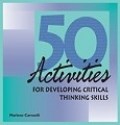 50 Activities for Developing Critical Thinking Skills (Reproducible Training Activity Collection)
50 Activities for Developing Critical Thinking Skills (Reproducible Training Activity Collection)
50 Activities for Developing Critical Thinking Skills contains 50 fully reproducible training activities to develop quick thinking, creative thinking and analytical thinking skills. This compendium of activities will add real value to your training by taking critical thinking skills out of the box and into the workplace. Learners will sharpen their critical thinking skills and develop a thought process that is creative, accurate, and assumption-free.
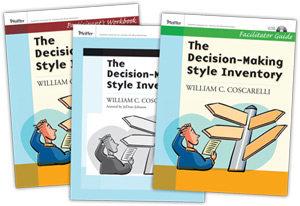 Decision-Making Style Inventory (Assessment)
Decision-Making Style Inventory (Assessment)
The Decision-Making Style Inventory is an easy way to assess decision-making style. Individuals identify a personal preference for one of four styles, learn the strengths and weaknesses of each style, and understand how to communicate successfully with people who have different decision-making styles.
 The Ethical Type Indicator (Assessment)
The Ethical Type Indicator (Assessment)
How do you resolve the ethical and moral dilemmas that arise in your life? Can you identify, articulate, and defend the ethical principles that govern and influence your ethical and moral decision-making? What ethical type are you?
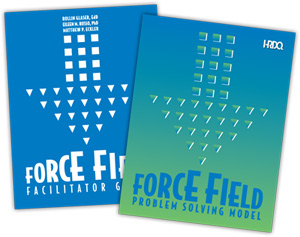 Force Field Problem Solving Model (Assessment/Model)
Force Field Problem Solving Model (Assessment/Model)
Provide groups with a reliable and systematic framework for solving complex problems. Participants learn a 5–step process to guide them from defining a problem to creating action plans for strategies, and help them make their organizations more productive.
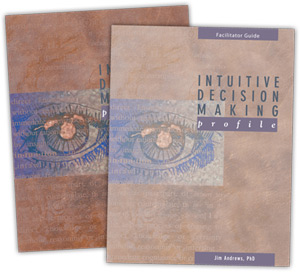 Intuitive Decision Making Profile (Assessment)
Intuitive Decision Making Profile (Assessment)
Give your participants a key competitive advantage with the Intuitive Decision Making Profile (IDMP). This assessment helps individuals learn to make complex decisions by putting their "database" of real-world knowledge and experience to work using their intuition.
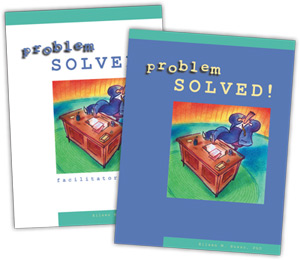 Problem Solved! (Assessment)
Problem Solved! (Assessment)
Problem Solved! is a 25-item assessment providing participants with an easy-to-use, 5-step problem-solving process. By using this process, individuals can identify and monitor their skill level at each step.
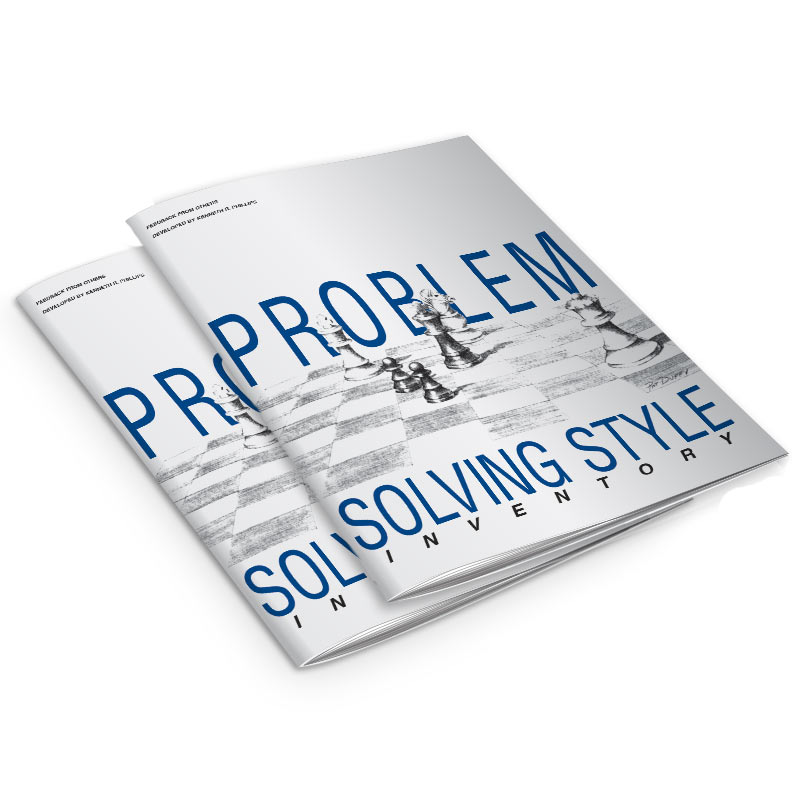 Problem-Solving Style Inventory (PSSI) (Assessment)
Problem-Solving Style Inventory (PSSI) (Assessment)
Problem Solving Style Inventory is designed to help you understand and assess your own problem-solving and decision-making behavior when faced with difficult workplace situations. PSSI is an ideal tool for both self- and peer-evaluation.
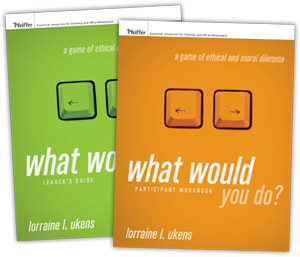 What Would You Do? (Game)
What Would You Do? (Game)
Explore the concepts of teamwork and ethical decision making with What Would You Do?, an interactive game that uses eight moral dilemmas to teach these concepts and illustrate the impact that one’s decisions have on teams and the organization.
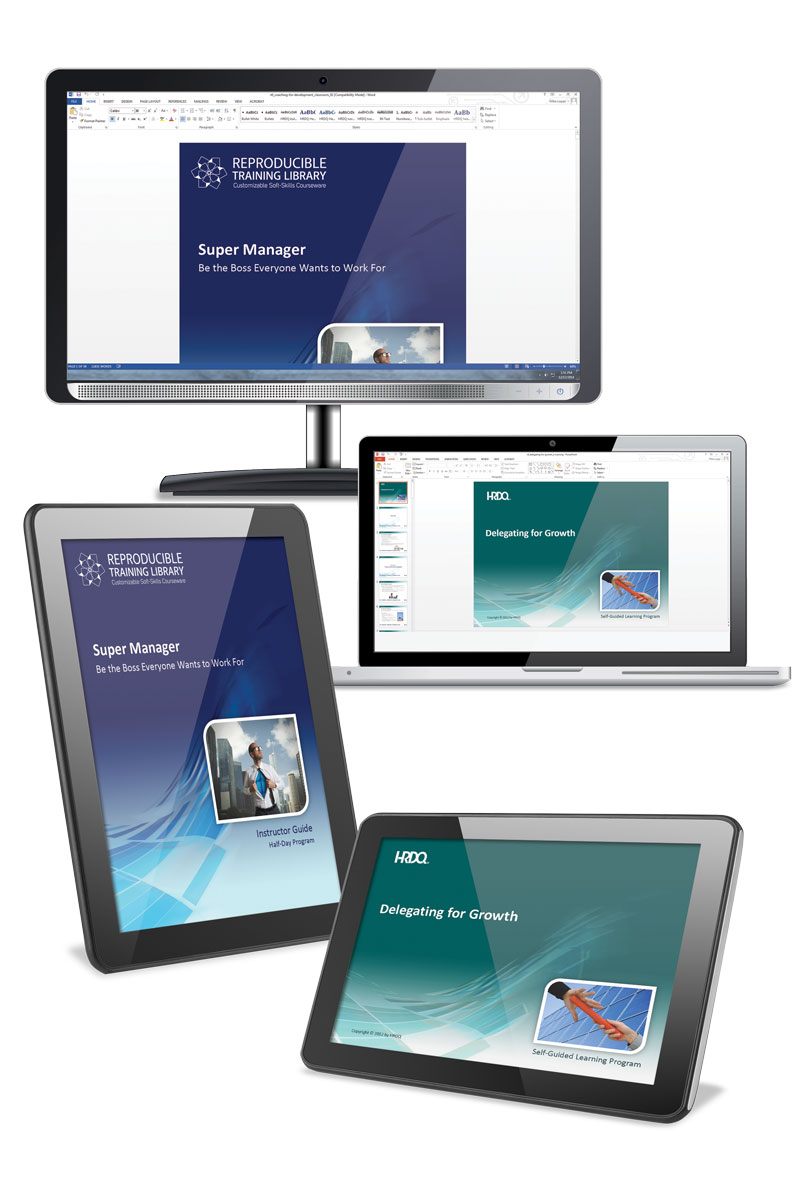 Customizable & Reproducible Learning Programmes
Customizable & Reproducible Learning Programmes
The Reproducible Training Library (RTL) offers high quality, customizable content in easy-to-use formats such as Microsoft Word and PowerPoint.